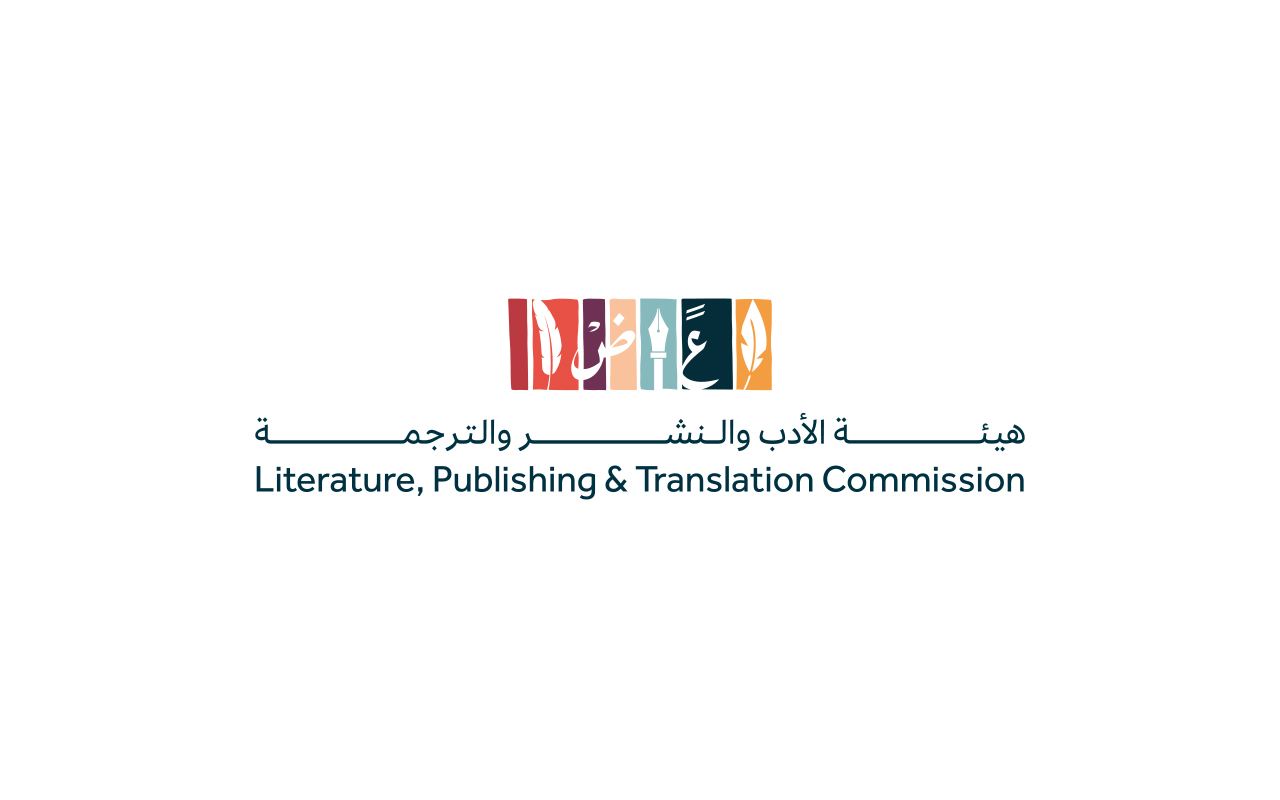The Literature, Publishing and Translation Commission
The Literature, Publishing, and Translation Commission is the entity responsible for regulating the literature, publishing, and translation sector in the Kingdom of Saudi Arabia. It was established in 2020 and is one of the eleven cultural authorities whose establishment was simultaneously approved by the Council of Ministers. It operates under the Ministry of Culture.
The commission is based in the capital city of Riyadh and is led by a board of directors. The Minister of Culture serves as the chair and is responsible for managing the commission, making necessary decisions, and ensuring that its objectives are achieved.
Tasks of the Literature, Publishing and Translation Commission
In accordance with its regulatory provisions, the commission carries out several tasks, including proposing the strategy for the literature, publishing, and translation sector within the framework of the national cultural strategy. It also monitors the implementation of the strategy after its approval by the ministry. The commission grants licenses for activities within its scope of work and encourages individuals, institutions, and companies to produce and develop content in the literature, publishing, and translation sectors. Additionally, the commission establishes a database for the industry and invests in establishing companies or participating in their establishment or operation.
The Literature, Publishing, and Translation Commission supports and incentivizes writers, authors, publishers, and translators. It also regulates and develops the three sectors within its scope, which includes legislating regulations and regulatory standards, creating an enabling environment for production, providing funding channels, and encouraging the private sector to invest in cultural development.
The Commission for Literature, Publishing, and Translation provides professional talent development programs. It utilizes modern technologies to implement initiatives and executive programs, and it accredits certifying entities to promote the sector. The Ministry of Culture has supported this approach by launching a unified online platform for external cultural scholarships in 2020 for the first time in the history of the Kingdom. Additionally, the commission is working on developing educational programs related to the literature, publishing, and translation sectors, as well as providing scholarships to talented individuals.
Literature, Publishing and Translation Commission logo
The logo of the Literature, Publishing, and Translation Commission features icons representing Arabic letters and writing tools, including ink and a feather pen. The colors used in the logo are inspired by the Ministry of Culture's logo.
Regulatory arrangements for the Literature, Publishing and Translation Commission
The commission enjoys a public legal personality and has financial and administrative independence. It operates within an annual operational budget allocated from the Ministry of Culture's budget. It is organizationally affiliated with the Minister of Culture, and its employees are subject to the Labor Law and Social Insurance System. The Literature, Publishing, and Translation Commission has a CEO appointed by the Board of Directors, who manages the commission's affairs.
The Authority launched several initiatives, such as the Tarjim Initiative, to promote Arabic content and established a publishing house under the name of the Saudi Publishing House to highlight the Saudi cultural and knowledge scene.
Strategy of the Literature, Publishing and Translation Commission
On November 11, 2020, the Literature, Publishing and Translation Commission revealed the main features of its strategy. The strategy provided an analysis of the current situation in the three sectors and outlined a plan to address the challenges practitioners face.
The strategy defined the scope of the authority's work within the genres of written and spoken literature, including prose and poetry, in the field of literature. It also encompassed various types of published books, in print, audio, and electronic formats, through sales and distribution operations, including organizing book fairs in the Kingdom in the publishing sector. In the translation sector, it included all types of translation from and into the Arabic language.
